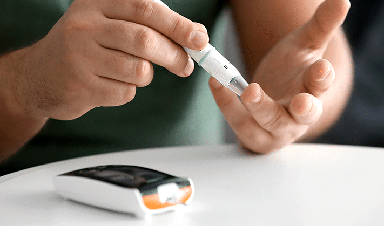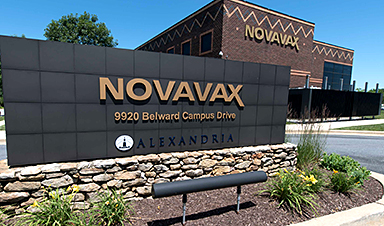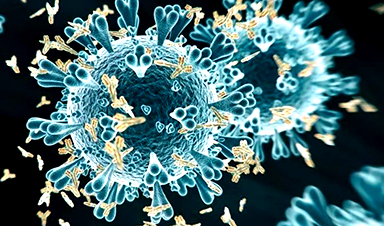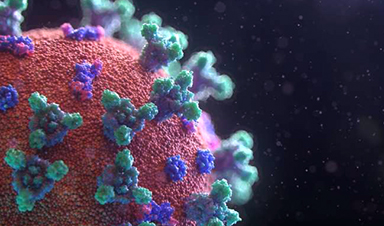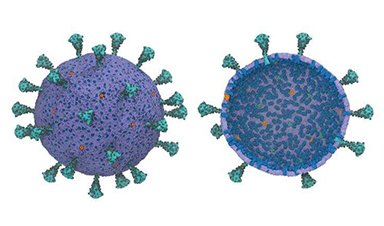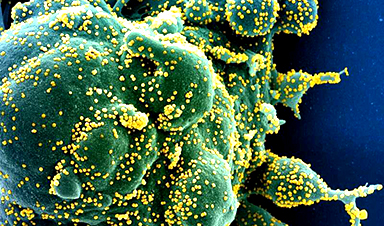Roche launches SARS-CoV-2 variant test to monitor emerging coronavirus mutations
The cobas SARS-CoV-2 Variant Set 1 Test is designed to detect key spike mutations in virus variants associated with increased human-to-human transmission Accurate detection and differentiation of SARS-CoV-2 mutations can help assess the spread of circulating variants and monitor their potential impact on therapeutics, vaccines and public health interventions Periodic assessments against emerging variants [...]

